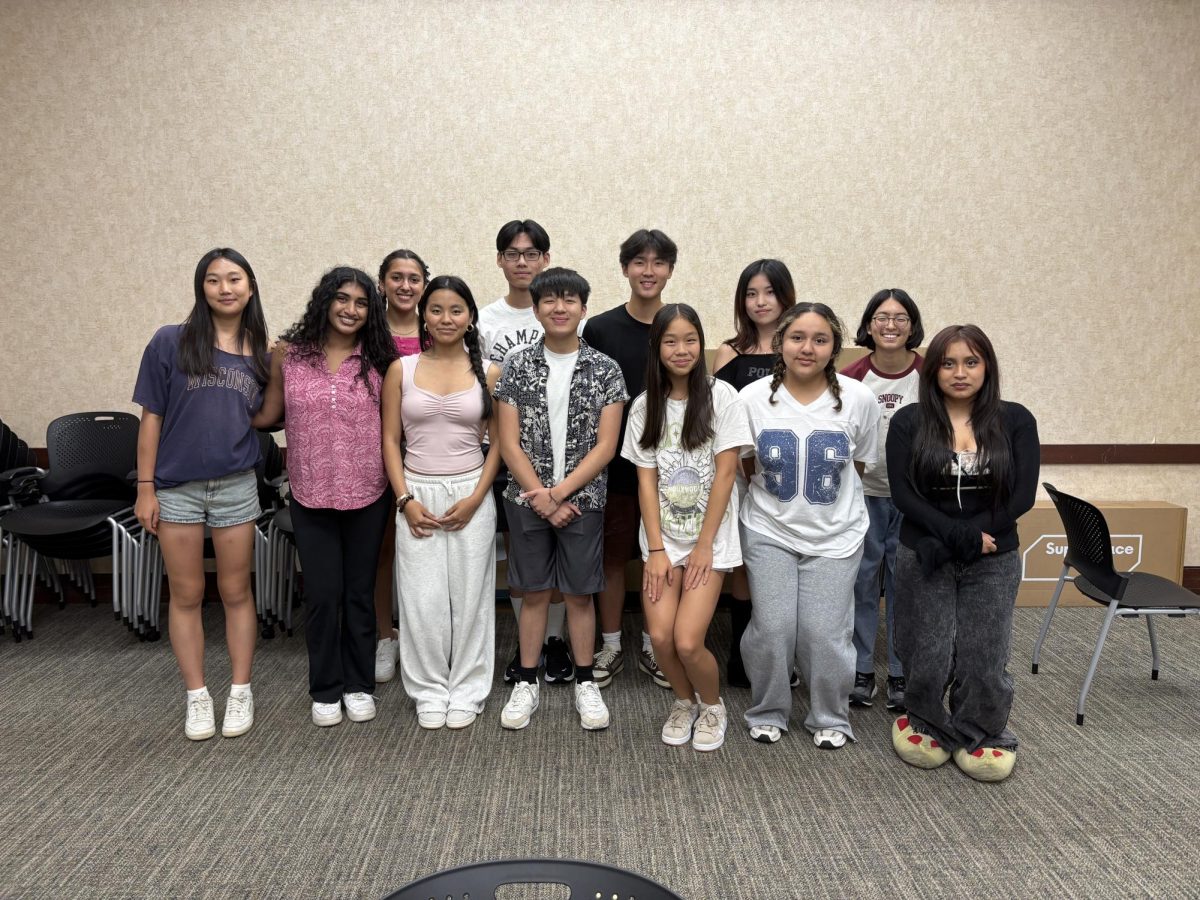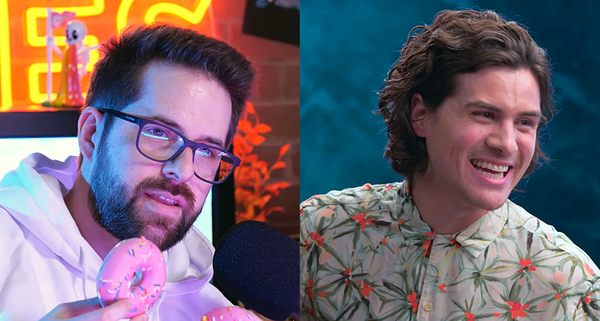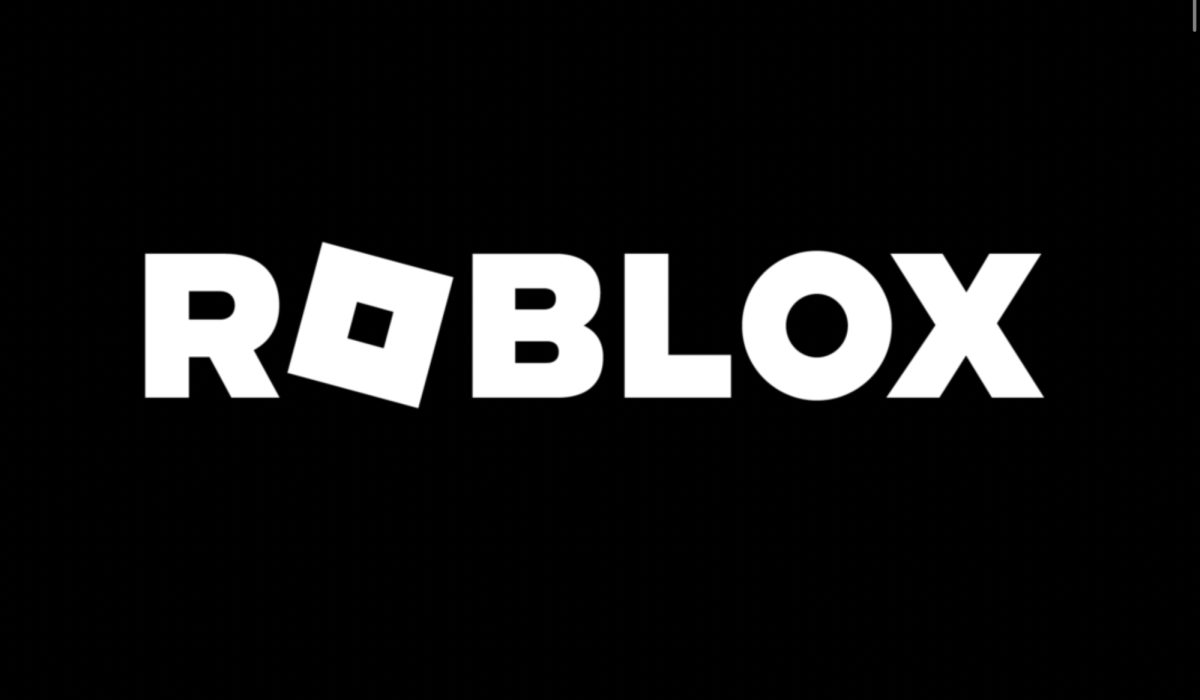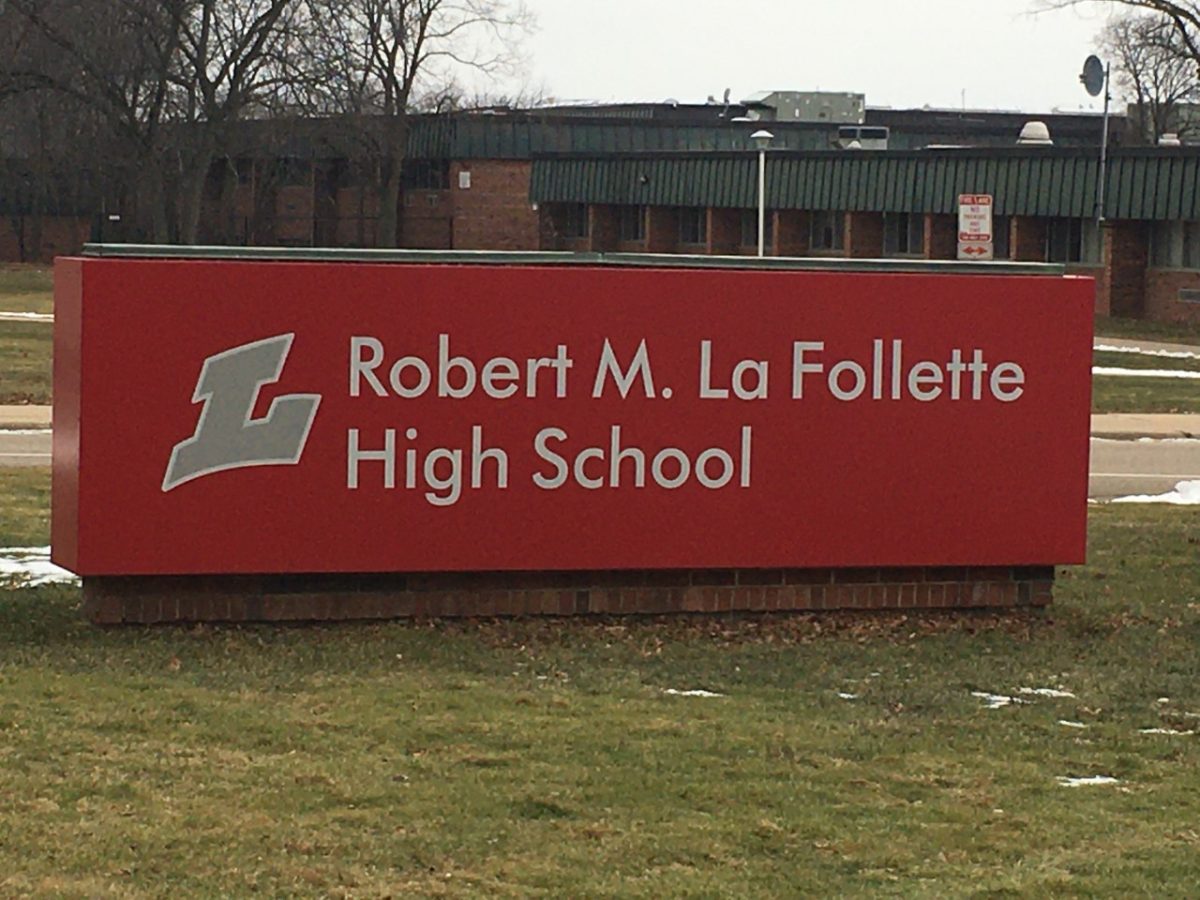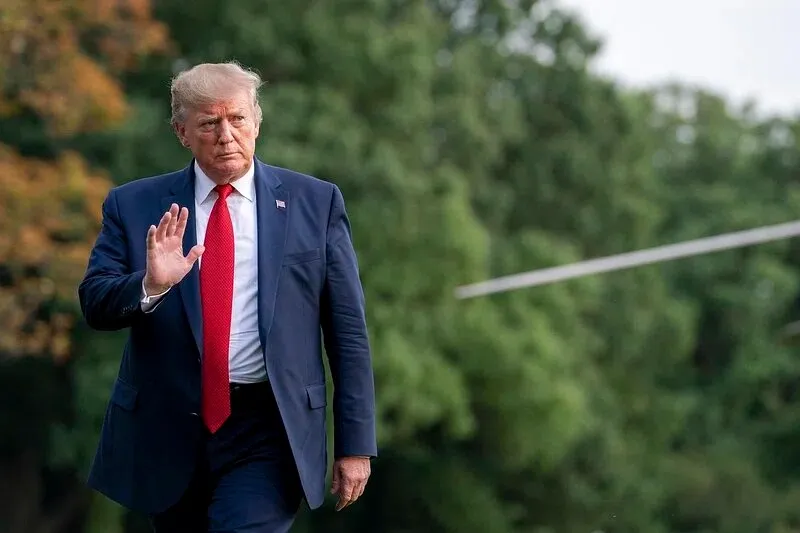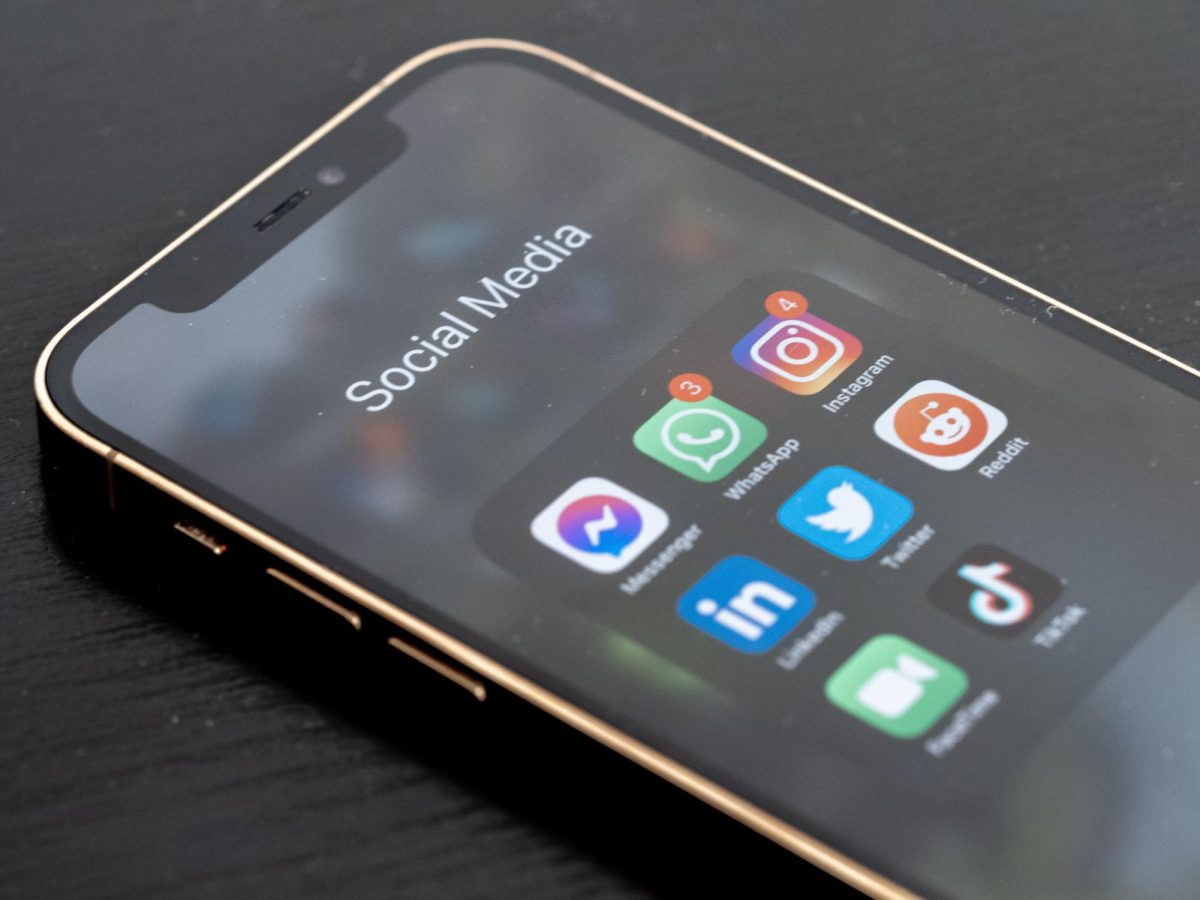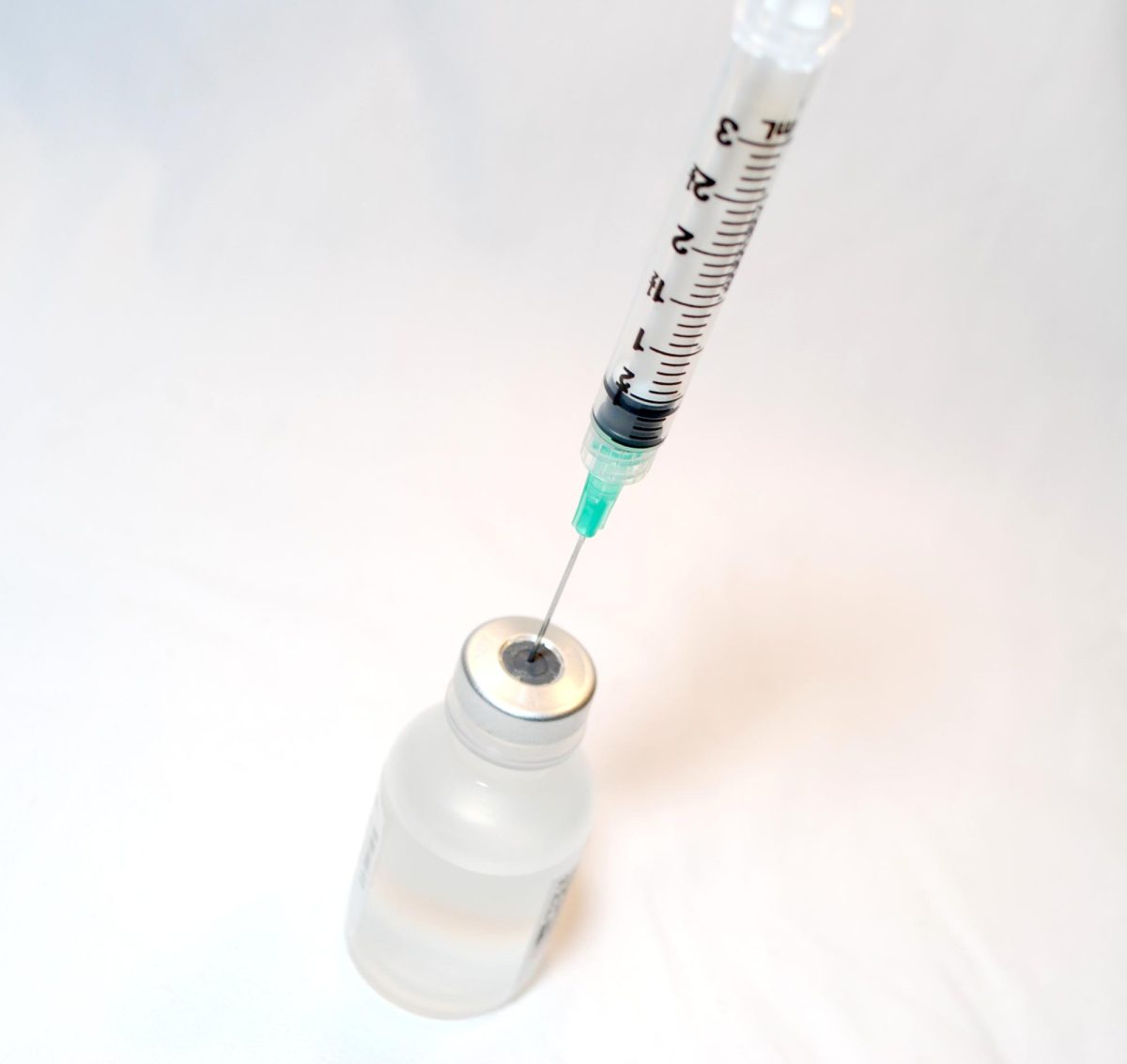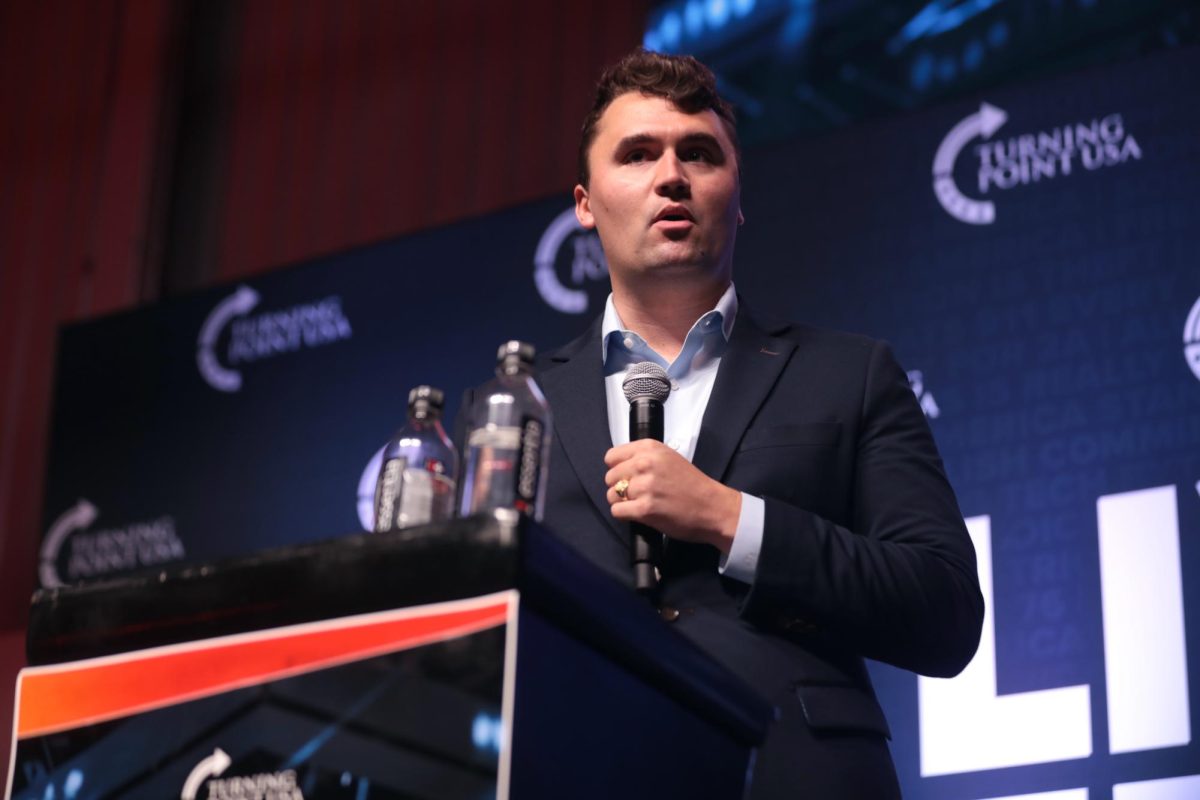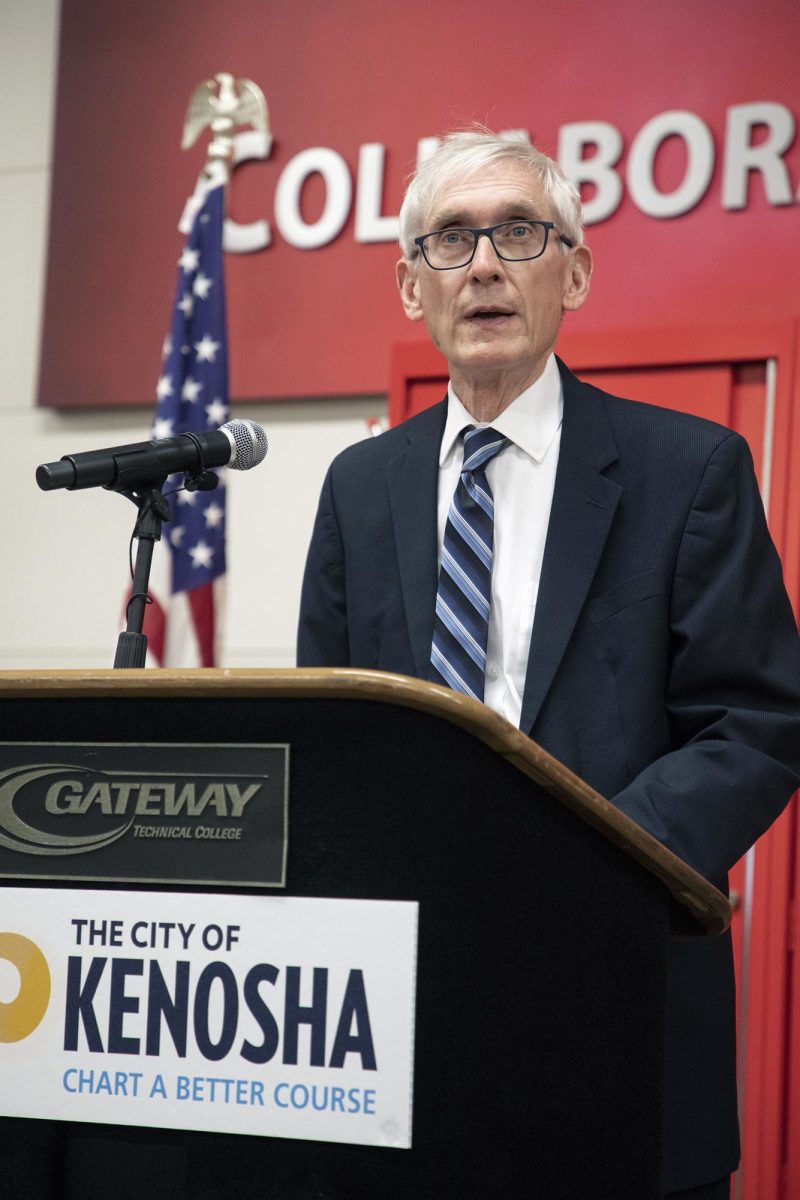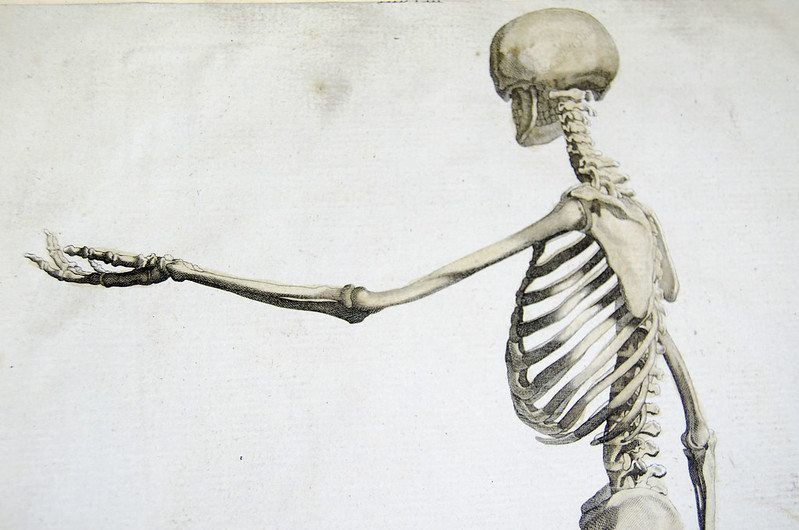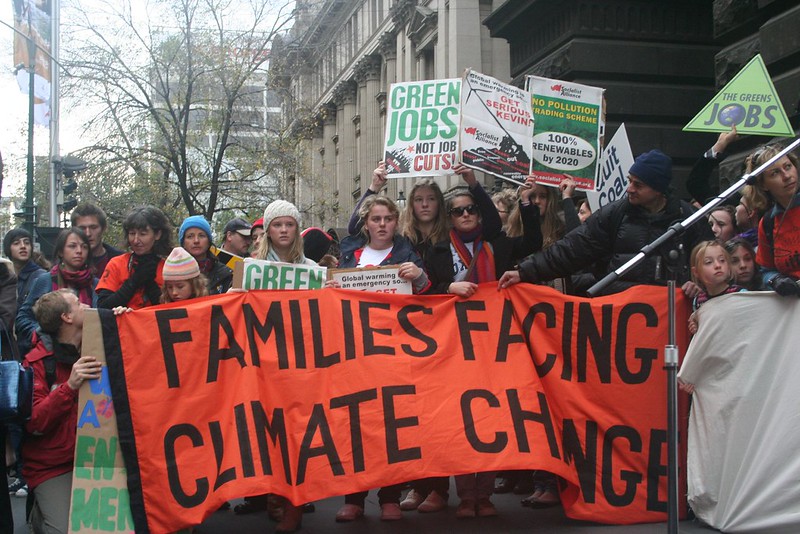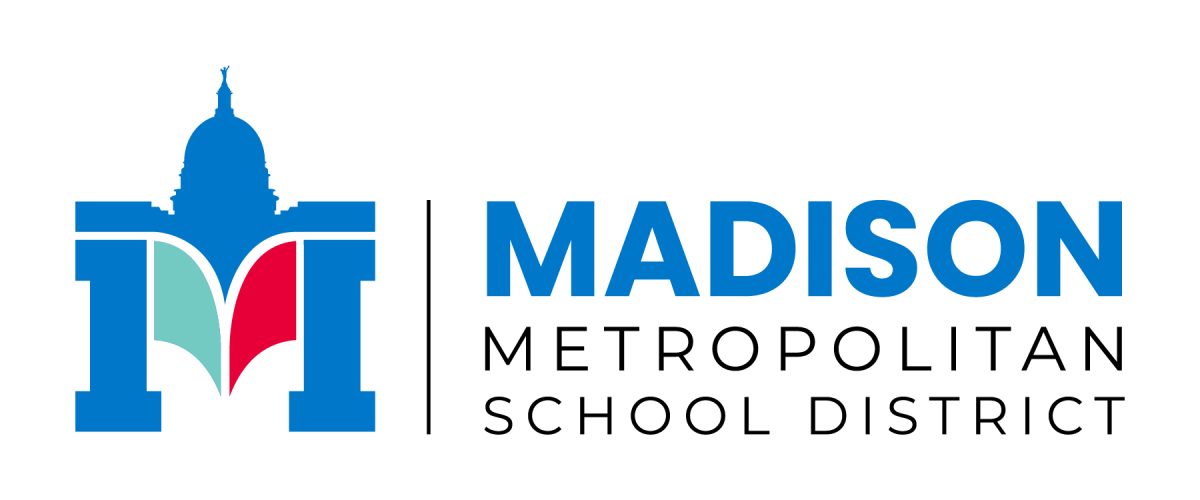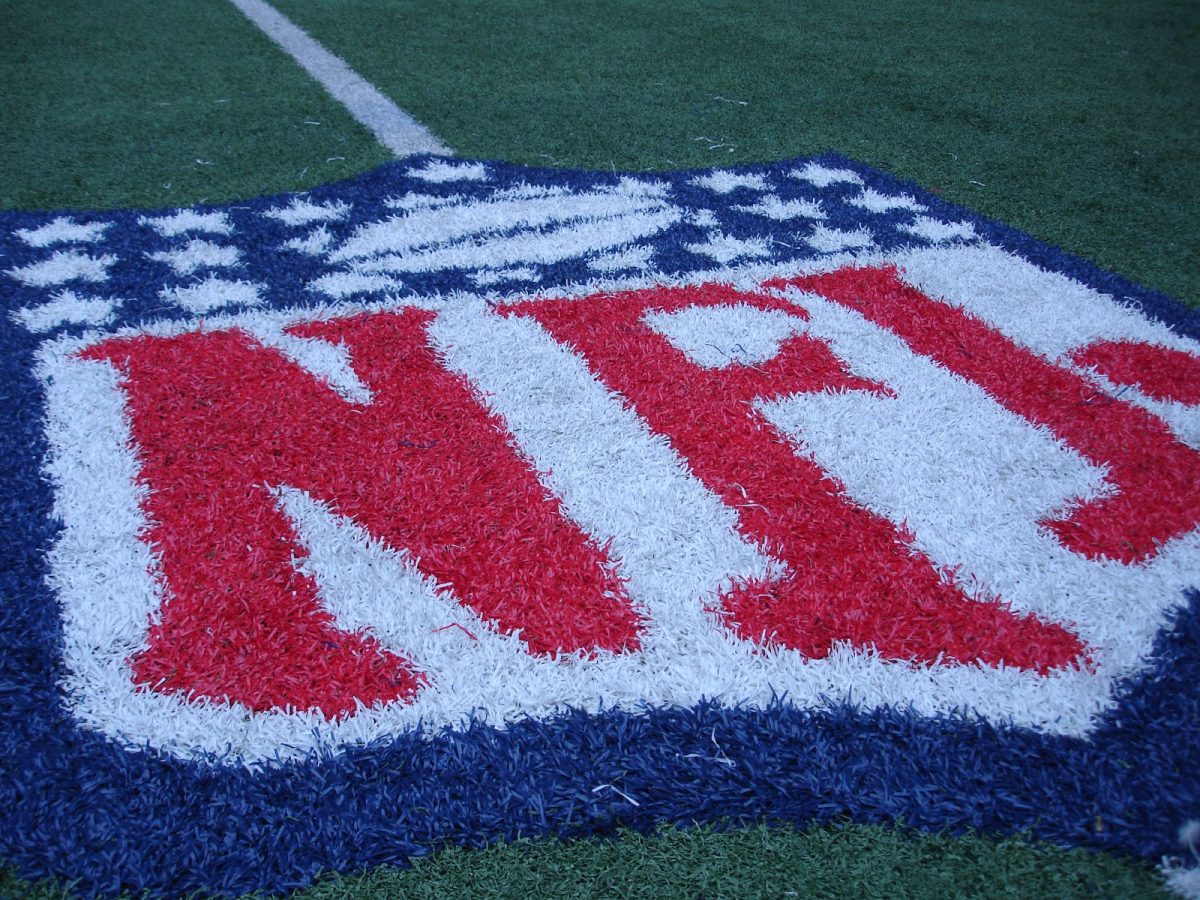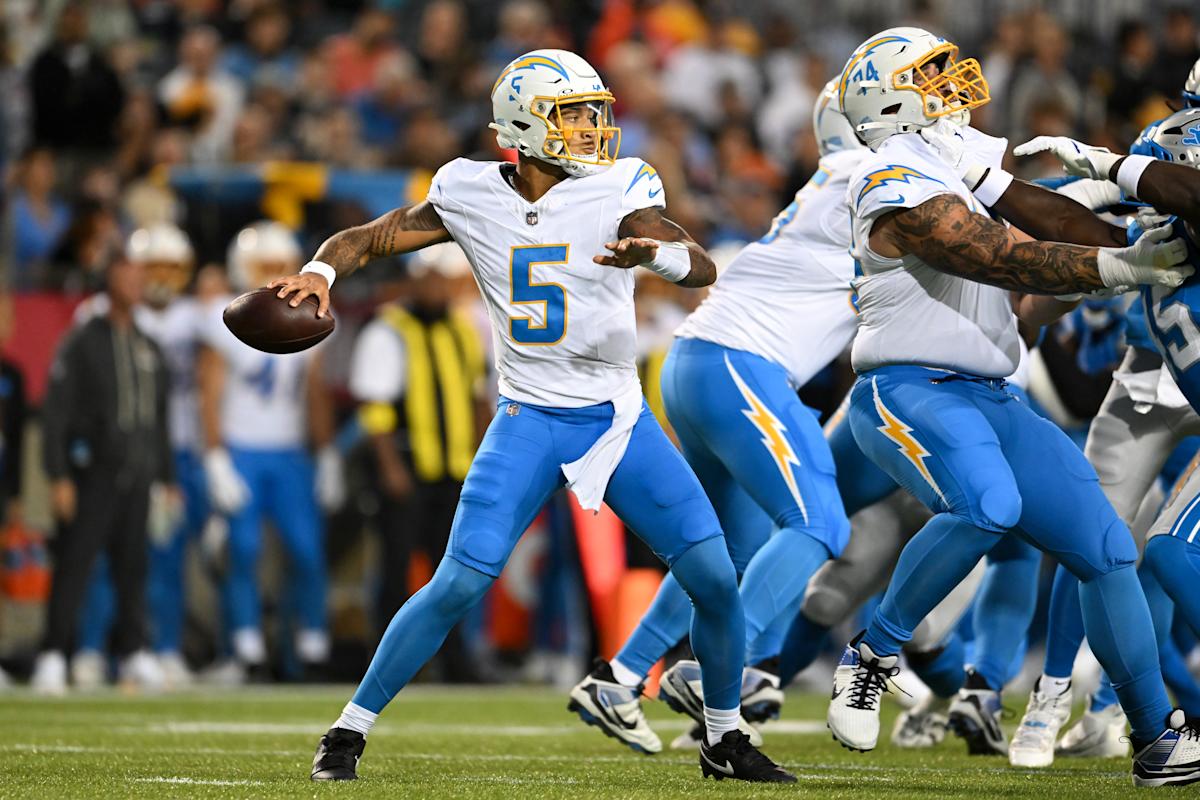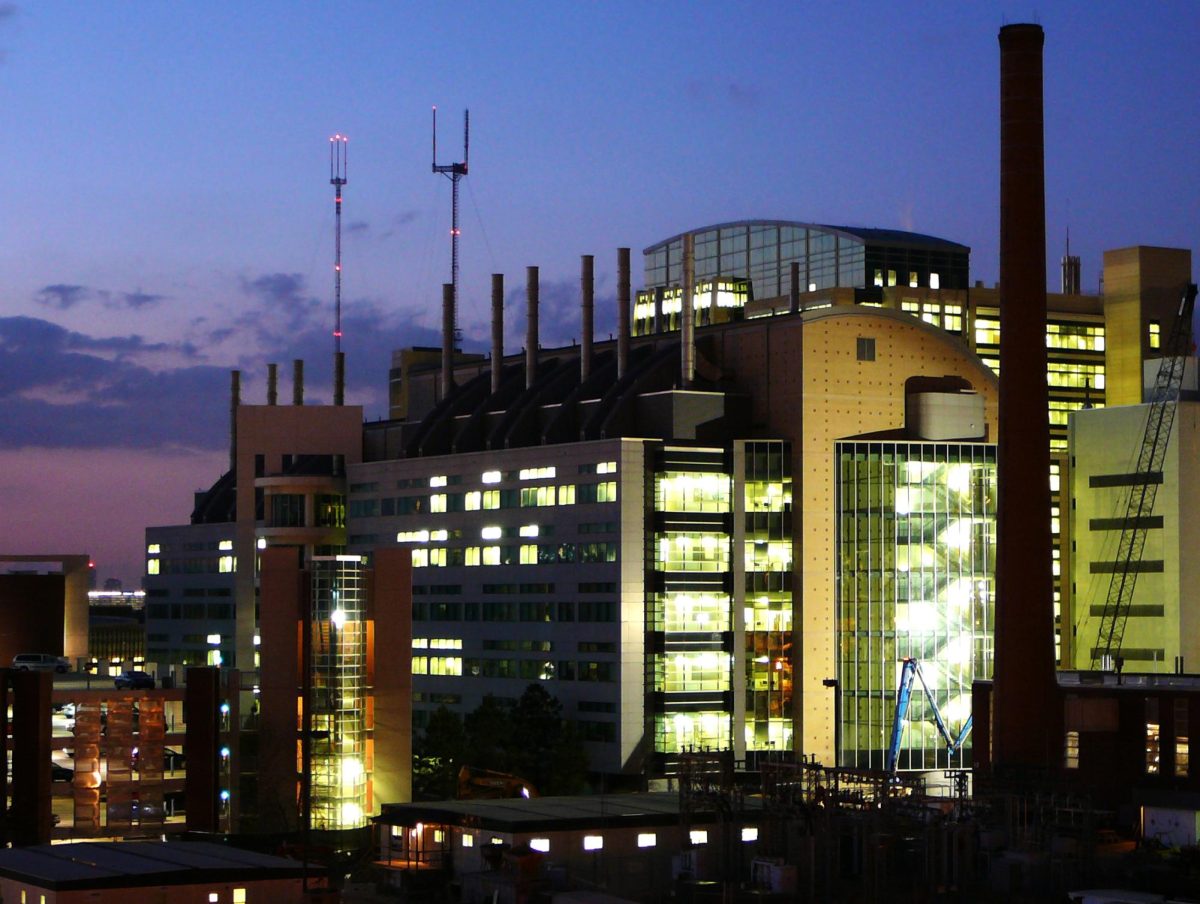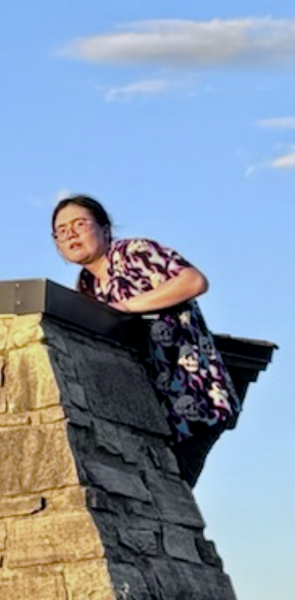On August 8th, a shooter fired over 500 rounds at the US Center for Disease Control and Prevention headquarters in Atlanta, Georgia. An estimated 200 of those rounds hit at least four different buildings on the campus, with the majority impacting the National Center for Immunization and Respiratory Diseases and the Immunization Safety Office. CDC employees were forced to shelter in place with little warning or advisement, with CNN reporting that some employees never even received a security alert. Nearby institutions, including Emory University and the Clifton School, a day car serving CDC and Emory employees, also went on lockdown when the shooting began.
Miraculously, no one at the CDC was harmed, but one of the officers responding to the situation, officer David Rose, was fatally shot. The gunman later took his own life, and was identified as Patrick White by the Georgia Bureau of Investigation. Investigation of White’s home yielded evidence of a motive—White believed he had been negatively affected by the Covid-19 vaccines. While documents at his home did not include an overt threat against the CDC, at a press conference Georgia Bureau of Investigation Director Chris Hosey did say that they “expressed the shooter’s discontent with the Covid-19 vaccinations,” and one was directed toward “wanting to make the public aware of his distrust of the vaccines.”
This paints a highly concerning picture. Over the course of the pandemic, public health officials have faced harassment in the form of doxing, armed protestors gathering outside their homes, vandalism, and outright death threats. This shooting is not only a continuation of this violence against people who have devoted their lives to the public good, it is also a dramatic and alarming escalation that should be addressed accordingly.
Robert F. Kennedy Jr., the secretary of Health and Human Services—i.e., the department that the CDC falls under—has not been addressing it accordingly.
While leadership within the CDC has been working to provide support to employees, the response from Kennedy has been remarkably lacking. His statement on the incident came nearly a full day after the shooting. Additionally, about half an hour prior to the statement, he made a post on his personal X account displaying the fruits of a recent fishing trip in Alaska. The prioritization of a fishing trip over a mass shooting on a government complex that is under his jurisdiction is at best callous.
Furthermore, in an interview with Scripps on August 11th, just a few days after the shooting, when asked about the incident and the need to combat misinformation surrounding vaccines to avoid further violence, Kennedy contradicted law enforcement, casting doubt on the practically concrete investigative work of the GBI and claiming that, “We don’t know enough about what the motive was of this individual, but people can ask questions without being penalized.”
This statement is at best absurdly tone-deaf and outright dismissive of the very real violence hundreds if not thousands of public health workers have been facing for years at the hands of anti-vaccinators. There is a clear and decisive line between asking questions—questions that public health officials have always been perfectly happy and capable of answering—and harassing, threatening, or shooting at CDC employees.
However, when these actions are put within the context of Kennedy’s long history of spreading massive amounts of disinformation regarding the efficacy, mechanisms, and reliability of vaccines, this behavior turns from callous to outright dangerous.
Kennedy went on to claim that during the pandemic, in order to espouse public vaccination “[the CDC] were saying things that were not always true.” He claimed that the CDC had been lying about the effects of the Covid-19 vaccine. Which is the exact rhetoric of the shooter.
This bears repeating: not even a week after the shooting, Kennedy went on record encouraging, validating, and spreading the exact kind of disinformation that motivated it in the first place. This demonstrates a disturbing lack of care, respect, or basic human compassion for the public healthcare servants that he is meant to lead, alongside an equally alarming devotion to vaccine conspiracy theories.
This miscarriage of leadership has only continued with the recent firing of CDC Director Susan Monarez less than a month into her tenure, and the subsequent resignations of four senior officials within the CDC. The officials cited numerous reasons for doing so, prominent among them Kennedy’s actions publicly and within the CDC to spread disinformation regarding vaccines. One example of this they provided was evidence reviews being withdrawn or altered for not conforming with HHS recommendations, which they state are increasingly divorced from scientific basis. Additional concerns include but are not limited to a lack of communication to the CDC from HHS leadership, resulting in mishaps such as CDC staff learning about changes to children’s vaccination schedules alongside the public via social media, rather than being consulted or even warned ahead of time.
Two of the officials—Demetre Daskalakis, leader of the National Center for Immunization and Respiratory Diseases, and Debra Houry, the chief science and medical officer—have stated that they had no jobs lined up when they resigned, and that their resignations were entirely focused on raising alarm for the state of public health under the stewardship of the current administration.
All this came as the FDA announced new restrictions on Covid vaccines, limiting eligibility to those over 65 or with risk factors and greatly hampering the ability of the general public to receive vital vaccinations in the midst of a Covid-19 wave.


